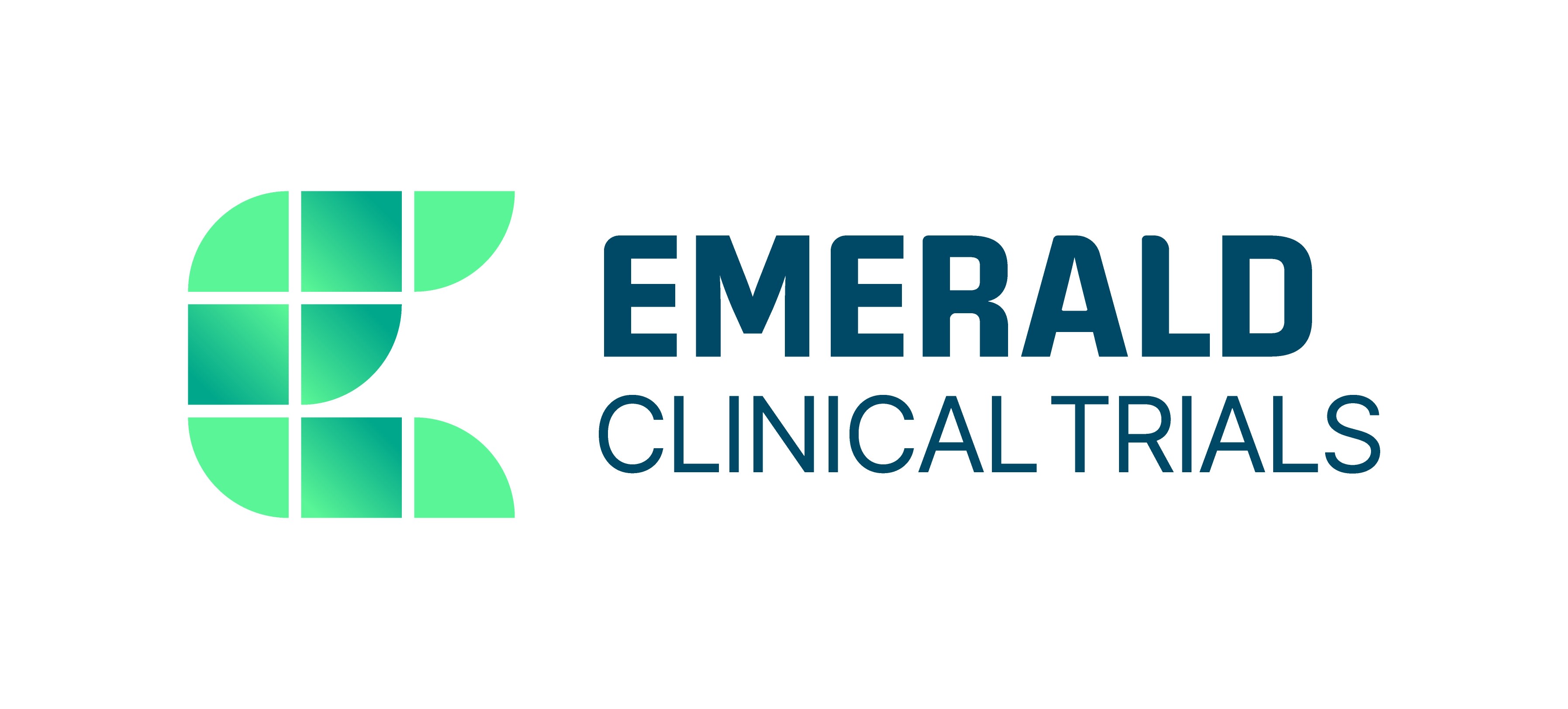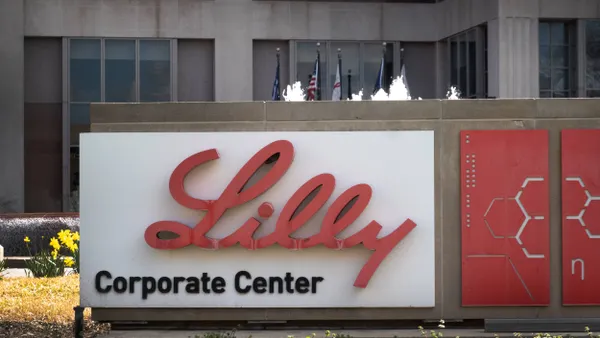The small, brain-focused biotechnology company Atai Life Sciences plans to direct resources away from an experimental drug it bought into several years ago, now that the therapy has come up short in a mid-stage clinical trial.
Atai got access to the drug back in early 2021 by taking a majority stake in its developer, Recognify Life Sciences. The companies have been testing it since in a placebo-controlled study that enrolled nearly 250 people with cognitive impairment tied to schizophrenia. While drug-treated patients did show numerical improvements on measures of cognition and function, Recognify said they weren’t significantly better than the control group.
Recognify noted how its drug, currently called inidascamine, demonstrated “favorable” safety and was well tolerated by patients. There was “no evidence” of common side effects associated with schizophrenia treatments, such as weight gain, sedation or a type of motor issue known as extrapyramidal symptoms. Recognify added that researchers are still analyzing the trial’s “secondary” and “exploratory” goals to “determine whether there are identifiable responder populations or mechanistic insights that may guide future development.”
“Although we are disappointed that the study did not reach statistical significance on the primary efficacy endpoint, we are encouraged by the consistency of improvement signals across multiple cognitive and functional measures,” said Matt Pando, the company’s co-founder and CEO, in a statement Friday.
Specific data weren’t disclosed, but Recognify intends to present additional results at upcoming scientific meetings. In the meantime, it will “continue to evaluate strategic options for inidascamine based on the totality of data.”
Srinivas Rao, who co-founded Atai and serves as its CEO, said his team believes that, based on the results generated thus far, Recognify should carry on developing the drug.
But if it does, it won’t be able to count on Atai’s backing, as the company has decided to allocate resources on its wholly owned pipeline. That pipeline revolves around psychedelics, with versions of DMT and MDMA being evaluated as possible therapies for social anxiety or hard-to-treat depression. Atai is also in the process of merging with fellow psychedelics specialist Beckley Psytech, in a deal that would give it full control over a couple more clinical-stage programs.
One of those Beckley drugs, dubbed BPL-003, is a form of mebufotenin that recently succeeded in a treatment-resistant depression study. The plan now is to push the drug into late-stage testing.
Atai shares were down roughly 10% Monday morning, to trade around $3.20 apiece. Ritu Baral, an analyst at TD Cowen, wrote in a note to clients that the inidascamine failure aside, Atai investors remain focused on BPL-003 and the next steps for that program.
Inidascamine is an oral drug meant to re-wire the brain by modulating the neurotransmitters glutamate, acetylcholine and “GABA.”














